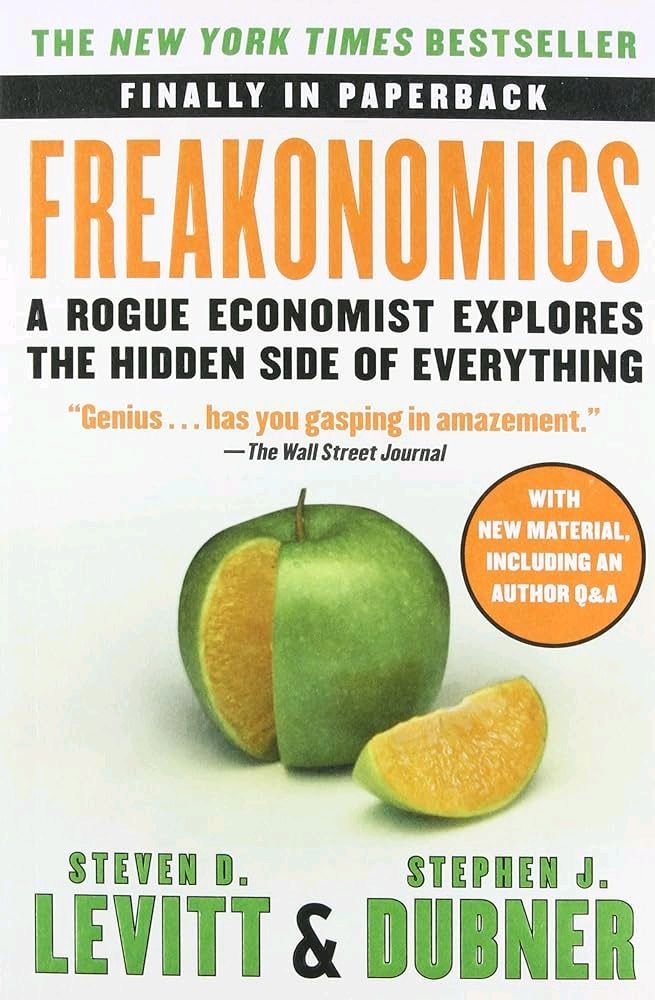Audio available in app
Incentives matter from "summary" of Freakonomics by Steven D. Levitt
The basic idea of economics is that people respond to incentives. If an incentive is changed -- say, a new tax is levied or a subsidy is enacted -- people's behavior will change. Economists are particularly adept at recognizing incentives, even when the incentives are not immediately obvious. Consider a simple example. A child is playing in the park, and his father offers him $5 to come home. The child, who was reluctant to leave the park, now has a new incentive to come home. The father has changed the child's behavior by altering his incentives. This concept applies to all aspects of life, not just parenting. In the world of business, for instance, companies use incentives to motivate their employees. Salespeople are often paid on commission, giving them a financial incentive to sell more. This encourages them to work harder and sell more products. In the realm of public policy, incentives are equally important. Consider the case of smoking. When cigarette prices increase due to a tax, people are less likely to smoke. The higher cost serves as a disincentive, leading to a decrease in smoking rates. Incentives can also explain seemingly irrational behavior. Take the example of drug dealers, who face significant risks and often meager pay. Why would anyone choose such a dangerous and low-paying job? The answer lies in the incentives at play. For some individuals, the allure of quick cash and status outweigh the risks involved.- Whether in business, government, or everyday life. By recognizing the power of incentives, we can better predict how people will behave and design policies that align with desired outcomes. Ultimately, incentives matter because they shape human behavior in profound ways.


